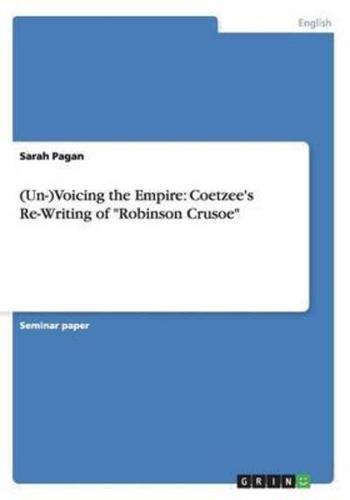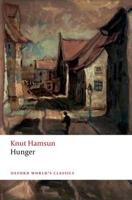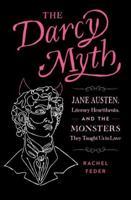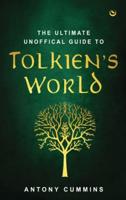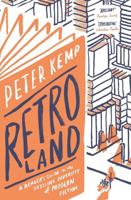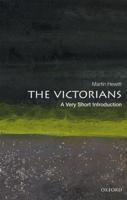Publisher's Synopsis
Seminar paper from the year 2012 in the subject English Language and Literature Studies - Literature, grade: 1,0, University of Constance, language: English, abstract: "But this is not a place of words. Each syllable, as it comes out is caught and filled with water and diffused. This is a place where bodies are their own signs. It is the home of Friday." This passage from the last page of J. M. Coetzee's novel Foe, shows a reflection on the limits of language. It solves the puzzle of the story, of why it has previously failed to tell that of Friday. Although it seems to be the centre of Susan Barton's narration, she could only assume what the core of his story is. The reason for this blank space though is explained in that very quote: As a forcefully mutilated and silenced character, whose tongue has been removed, Friday is, in the end, revealed to not be in the power to express himself with the convention of words or in linguistic terms but embodies a different form of communication. The novel Foe, written by the South African author J. M. Coetzee is a rewriting of Daniel Defoe's Robinson Crusoe, first published in 1719. It questions the colonial values embedded in the original and deconstructs the concept of Empire. He thus constructs a pseudobiographical fiction to Defoe himself and the original text. As part of the canon it paints a nearly idealistic picture of first colonial settlement.


